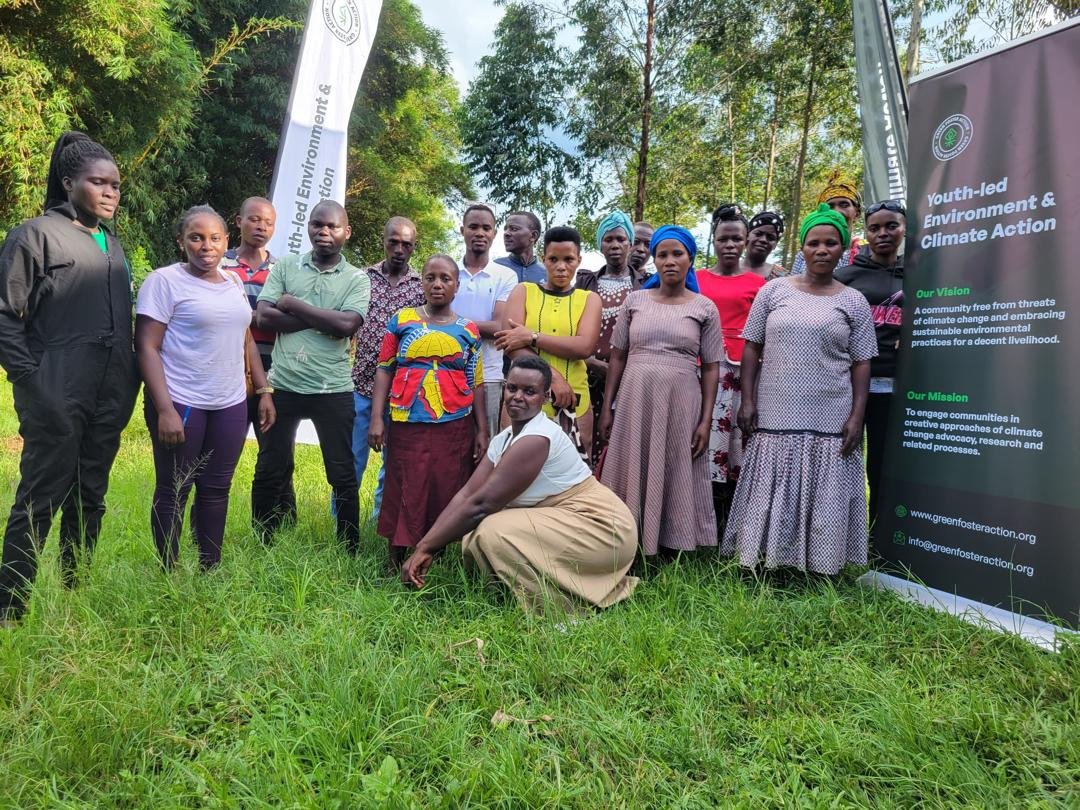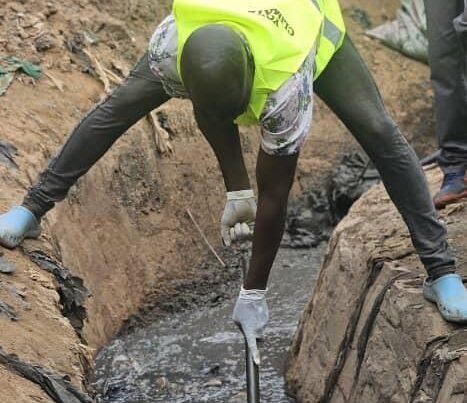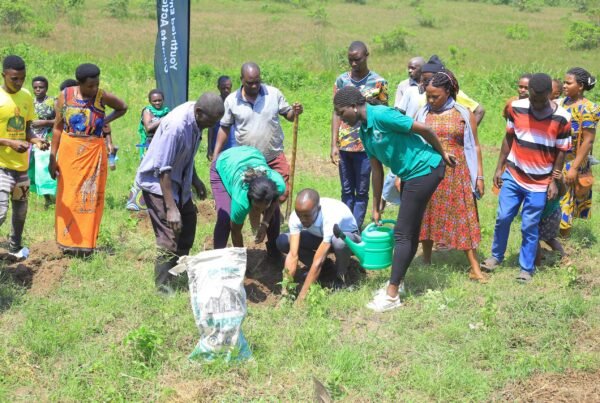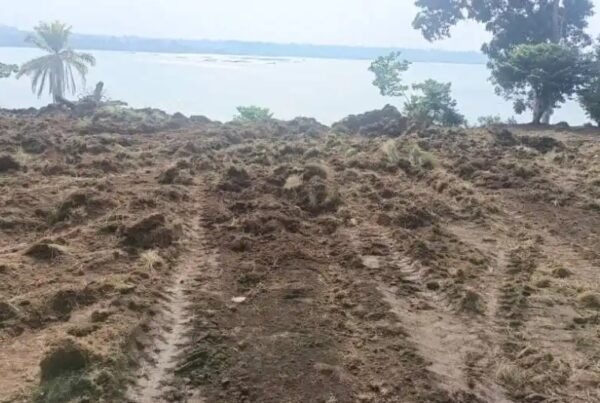Gender equality has been a global topic of discussion for a number of years. At the global scene, the movement towards gender equality began with the suffrage movement in Western cultures in the late-19th century, which sought to allow women to vote and hold elected offices. On 10 December 1948, Gender Equality was made part of international human rights law by the Universal Declaration of Human Rights, which was adopted by the UN General Assembly, recognizing that “All human beings are born free and equal in dignity and rights” and that “everyone is entitled to all the rights and freedoms set forth in this Declaration, without distinction of any kind, such as race, colour, sex, language, religion, … birth or other status.” On 2 July 2010, the United Nations General Assembly unanimously voted to create a single UN body tasked with accelerating progress in achieving gender equality and women’s empowerment. This was a significant move and has achieved many successes.
In Uganda, gender equality has been a top point of discussion for many years. The largely patriarchal society has taken strides in the recognition of women and girls in different aspects with the 1995 Uganda Constitution which guarantees equality of women and men before the law.
Despite the many years of fighting to have an equal platform for all. There is still a heavy gap between males and females, especially in Sub-Sharan Africa, rendering women and girls vulnerable to many injustices.
The fight for climate justice is inseparable from the pursuit of gender equality all over the world. As we fight the impacts of climate change, it becomes increasingly clear that women are disproportionately affected by its consequences. In a patriarchal society like Uganda, the realities of this are spread everywhere. With large scale infrastructure projects like East African Crude Oil Pipeline (EACOP), It is clear that the people getting affected most are women and girls because such projects usually give top priority to the economic gains rather than the social need, destroying livelihoods, throwing people into poverty and forcing them away from their homes and communities with scenarios already being evidenced in the pipeline construction areas. This also increases the vulnerability of women and girls to sexual exploitation.
Studies have shown that women are more vulnerable to the impacts of climate change due to their roles and responsibilities in society. According to research conducted by the International Union for Conservation of Nature (IUCN), women in Uganda are responsible for a significant portion of agricultural labor and natural resource management, making them particularly susceptible to changes in weather patterns and environmental degradation.
The construction and operation of projects like EACOP can have dire consequences for gender equality. Land acquisition and displacement, a common occurrence in infrastructure development, often disproportionately affect women, who may lose access to their homes, land, and livelihoods. In our most recent visit to the pipeline construction area in Hoima and Kikuube district, residents revealed to us these occurrences that are already taking place. Women were the most affected people yet many of them are single mothers and bread winners of their families. This is a worrying state since such desperate women will get engrossed in poverty leading to hunger, sickness and many related problems.
To achieve gender equality in the context of climate justice, it is essential to adopt a gender-responsive approach to policy-making and project implementation. This includes ensuring women’s participation in decision-making processes, providing equal access to resources and opportunities, and addressing the underlying social norms and power structures that perpetuate gender inequality.
Furthermore, investments in women’s education, healthcare, and economic empowerment are crucial for building resilience to climate change and promoting sustainable development. By recognizing the interconnectedness of gender equality and climate justice, we can create a more inclusive and equitable society for all.
The pursuit of climate justice in Uganda must go hand in hand with efforts to achieve gender equality. Projects like EACOP which are already catastrophic to the environment and climate are instead creating more gender inequalities, leading to poverty, hunger and more. We should therefore do more advocacy and education to add our voices to those already out and reach out to all policy makers to halt such projects with immediate effect



